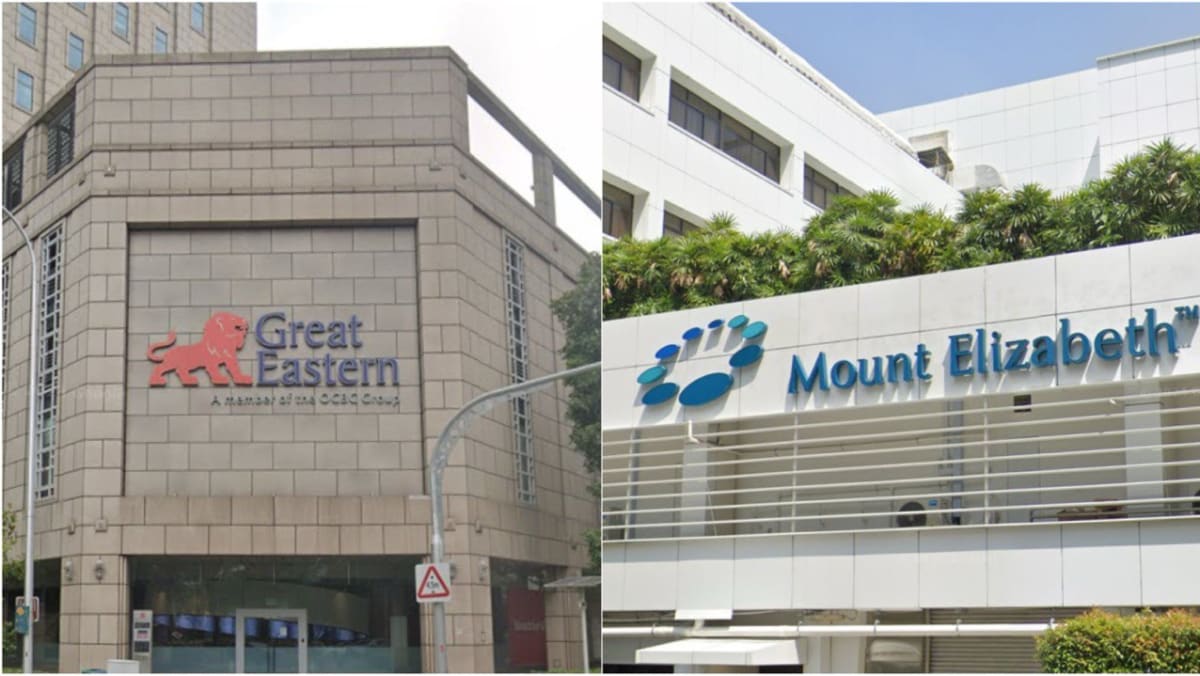Mount Elizabeth & Great Eastern Dispute: A Wake-Up Call for Singapore's Healthcare System?

A heated dispute between insurer Great Eastern and Parkway Pantai, the operator of Mount Elizabeth hospitals, is creating uncertainty for patients and raising serious questions about the sustainability of Singapore’s healthcare system. Medical experts Dr. Jeremy Lim, Dr. Taufeeq Wahab, and Sheryl Ha warn that patients will ultimately bear the brunt if this disagreement isn’t resolved constructively. This isn't just a contractual squabble; it's an opportunity to address deeper systemic issues that impact access, affordability, and quality of care for all Singaporeans.
The Core of the Conflict
At the heart of the matter lies a disagreement over pricing and reimbursement rates for services provided at Mount Elizabeth and Gleneagles hospitals. Great Eastern claims that Parkway Pantai’s rates have become unsustainable, while Parkway Pantai maintains that they are justified given the high quality of care and advanced facilities offered. The insurer has responded by limiting coverage for certain treatments at these hospitals, leaving patients caught in the crossfire.
Patient Impact: The Real Losers
The immediate consequence is confusion and anxiety for patients. Many are unsure whether their insurance will cover necessary treatments, potentially leading to delayed care or financial hardship. Those needing specialized care at Mount Elizabeth, known for its advanced medical technology and specialist expertise, may find themselves facing unexpected out-of-pocket expenses. This situation disproportionately affects those with chronic conditions or requiring complex procedures.
Beyond the Headlines: Systemic Issues
However, the Great Eastern-Parkway Pantai dispute is symptomatic of broader challenges within Singapore’s healthcare landscape. These include:
- Rising Healthcare Costs: Healthcare inflation consistently outpaces general inflation, placing pressure on insurers and patients alike.
- Fee Structures: The current fee structures, often negotiated between insurers and providers, can be opaque and lack transparency. Regular reviews and adjustments are crucial.
- Hospital Consolidation: The increasing concentration of hospitals under larger groups like Parkway Pantai can lead to reduced competition and potentially higher prices.
- Demand for Premium Care: Singaporeans increasingly seek premium healthcare services, driving up costs and potentially creating a two-tiered system.
A Chance for Reform
This clash presents a unique opportunity for the Ministry of Health (MOH) to intervene and address these underlying issues. Possible solutions could include:
- Enhanced Price Transparency: Mandating greater transparency in hospital pricing and insurance reimbursement rates.
- Regular Fee Benchmarking: Implementing a system of regular fee benchmarking across different hospitals and specialties.
- Promoting Competition: Encouraging greater competition among healthcare providers to drive down costs and improve quality.
- Reviewing Insurance Coverage: Ensuring adequate insurance coverage for essential healthcare services, while also promoting responsible utilization.
Looking Ahead: Patient-Centric Solutions
Ultimately, the goal should be to create a healthcare system that is both sustainable and patient-centric. This requires collaboration between insurers, healthcare providers, and the government. The MOH needs to facilitate dialogue and implement policies that prioritize patient needs and ensure equitable access to quality healthcare for all Singaporeans. The current dispute serves as a stark reminder that a proactive and comprehensive approach to healthcare reform is urgently needed.






